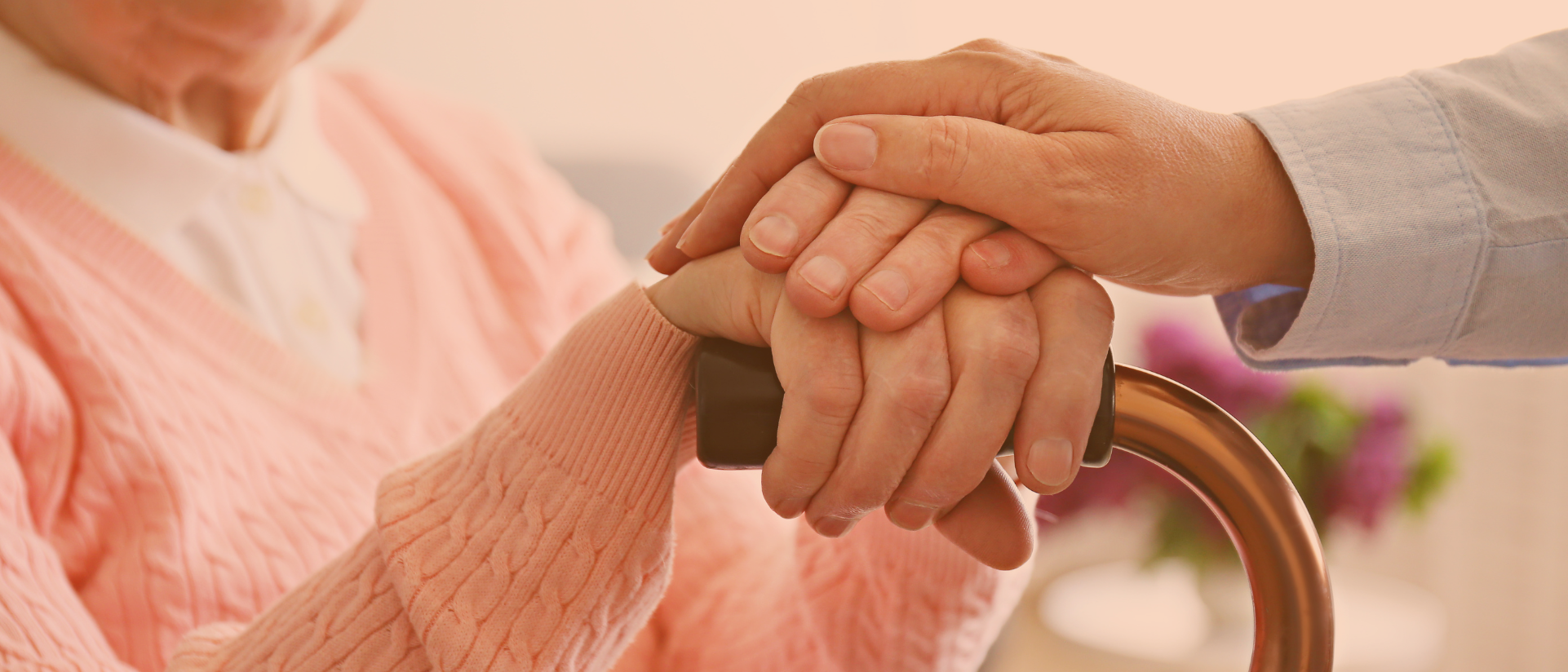17 Jul Setting Realistic Expectations About End-Of-Life Changes
When a loved one enters the final stage of life, families often find themselves facing unfamiliar changes. Many of these changes happen slowly. Others can come suddenly. Some are expected, while others feel alarming or confusing.
Having clear and honest expectations about what happens during the dying process can make this time a little less frightening. While no two experiences are exactly alike, there are common patterns that can help families feel more prepared.
This guide is meant to support you with information, not overwhelm you. Hospice care is here to walk you through each stage, with comfort and clarity.
Physical Changes Are Part of the Body Slowing Down
As the body begins to shut down, it starts conserving energy. Systems that are not essential begin to slow. This often leads to noticeable changes, such as:
1. Decreased Appetite and Thirst
Many people stop eating or drinking much in the final days or weeks. This is a natural part of the process. The body no longer needs the same fuel. Forcing food or fluids can cause discomfort. Instead, offer ice chips or moistened swabs to keep the mouth comfortable.
2. More Sleep, Less Interaction
Your loved one may sleep more often and become less responsive. You might notice they wake only for short periods of time or not at all. This doesn’t mean they are unaware. Hearing is believed to remain, so continue to speak gently and offer comfort through your voice or touch.
3. Changes in Breathing Patterns
Breathing may become irregular, shallow, or involve long pauses. Toward the end, you may hear a gurgling sound that resembles congestion. This is caused by secretions that the person can no longer clear. While it can sound unsettling, it is not usually painful.
4. Cooler Skin or Color Changes
Hands, feet, or legs may become cooler and develop a bluish or mottled appearance. This is due to changes in circulation. These signs often appear in the final hours or days.
5. Restlessness or Confusion
Some people experience agitation or confusion near the end. They may reach for things that are not there or become disoriented. This can be part of a natural process and is often managed with medication or environmental comfort.
Hospice nurses are trained to recognize these changes and help keep your loved one as comfortable as possible. If you are unsure whether something is normal, never hesitate to call. You are not alone in this.
Emotional and Spiritual Shifts May Also Occur
End-of-life care is not only about physical comfort. Emotional and spiritual changes often happen too. You may notice your loved one:
- Becomes more withdrawn, speaking less
- Reflects on memories or talks about people who have already died
- Wants to have important conversations, or prefers quiet companionship
These changes are deeply personal. What matters most is that your loved one feels safe, seen, and supported in whatever way brings them peace.
For Families: What to Expect From Yourself
Just as your loved one is going through changes, you are too. Families often feel uncertain, anxious, or helpless. It is common to wonder if you are doing enough. You might feel grief even before the death happens.
Some reminders:
- You do not need to have all the right words
- Sitting quietly, holding a hand, or simply being nearby matters deeply
- Allow yourself breaks. Hospice offers respite for a reason
- Ask questions, even if they feel small
- Trust your instincts, but lean on the hospice team for guidance
There is no perfect way to walk through this time. Your presence, your care, and your love are what your loved one will feel most.
We are Here to Help
We can explain what is happening in real-time, offer comfort measures, and help you understand what may come next. There are no wrong questions. Every moment matters, and you do not have to navigate this on your own.
Knowing what to expect does not remove the pain of loss, but it can help ease fear and uncertainty. The dying process is part of life’s natural rhythm. With support, it can be a time of meaning, connection, and quiet presence.
If you have questions about end-of-life changes or need guidance, reach out. Hospice care is about comfort, clarity, and walking this path together.

